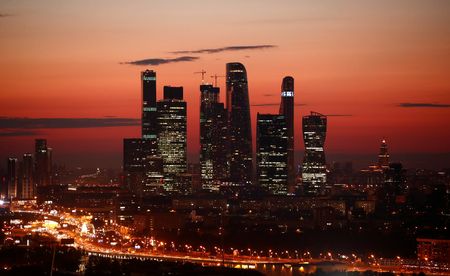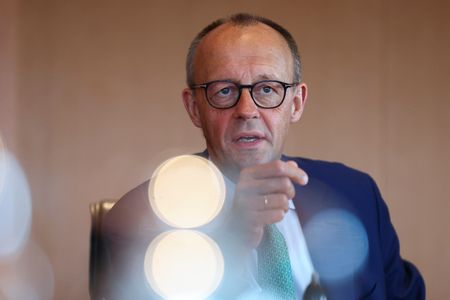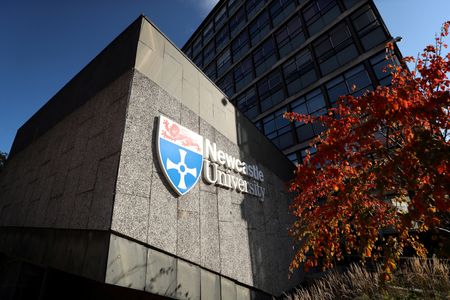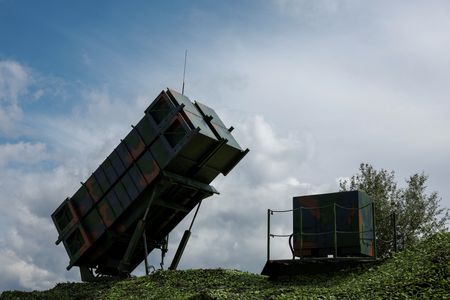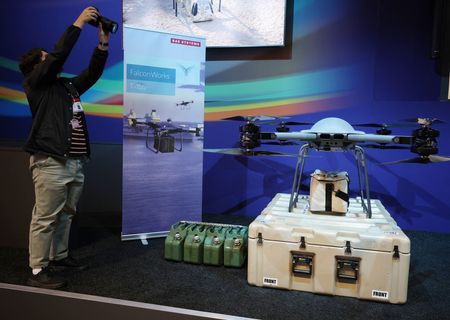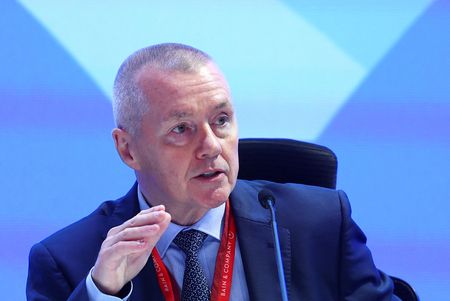By Elena Fabrichnaya
MOSCOW (Reuters) -Prolonged high interest rates in Russia may drive mergers and acquisitions of distressed assets, a study by leading law firms showed, though Western-led sanctions and a liquidity shortage among buyers are likely to restrain growth in deals for now.
Russia’s M&A market grew by just 2% in 2024 to $39.2 billion, the study showed, hampered by interest rates climbing to their highest in more than 20 years at 21% and Moscow tightening exit terms for Western companies selling their assets in the wake of the conflict in Ukraine.
Increased investor uncertainty due to trade wars sparked by U.S. President Donald Trump’s tariffs has added to M&A market pressure so far in 2025, according to the study, which collated the views of around 20 Russian law and M&A advisory firms.
The study noted that 84% of 50 respondents expected a rise this year in the number of deals involving businesses being forced to sell to larger players capable of servicing their high debt burdens.
The problems are most acutely felt in capital-intensive industries like real estate, infrastructure and heavy industry, the study said. That could include Western companies still looking to dispose of Russian assets.
Russia’s benchmark interest rate remains high at 20% after a 1% cut last month and government officials and business leaders are exerting pressure on the central bank to reduce borrowing costs more quickly.
Some companies are trying to sell certain projects to reduce their credit load, said Anatoly Klinkov, director of investor relations at A101.
“But here, the market is completely on the buyer’s side,” Klinkov said. “Money is very expensive.”
With rates so high, buyers face less competition and have increased leverage in negotiations.
Some industries, such as the coal sector, have noted rising bankruptcies and entities being forced to close. Major exporters have cut the planned volume of exports they send by rail, a Russian Railways document showed in May, as Russia’s economy slows.
“In tight monetary policy conditions we will likely observe growth in deals for problem assets and restructuring projects,” said Pavel Terentyev of Advance Capital.
(Reporting by Elena Fabrichnaya; Writing by Alexander Marrow; Editing by Emelia Sithole-Matarise)

